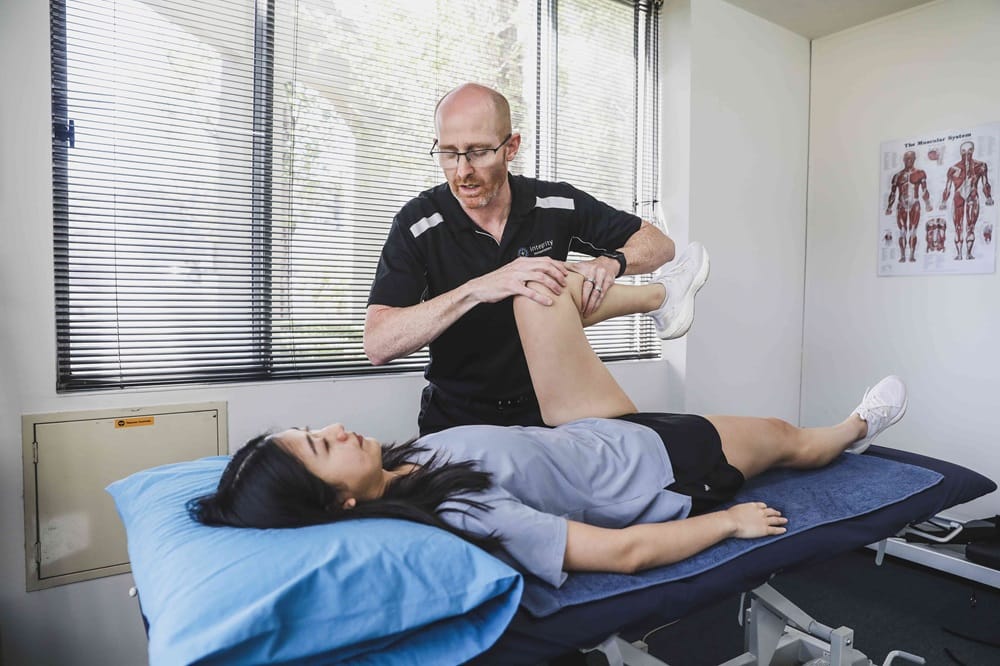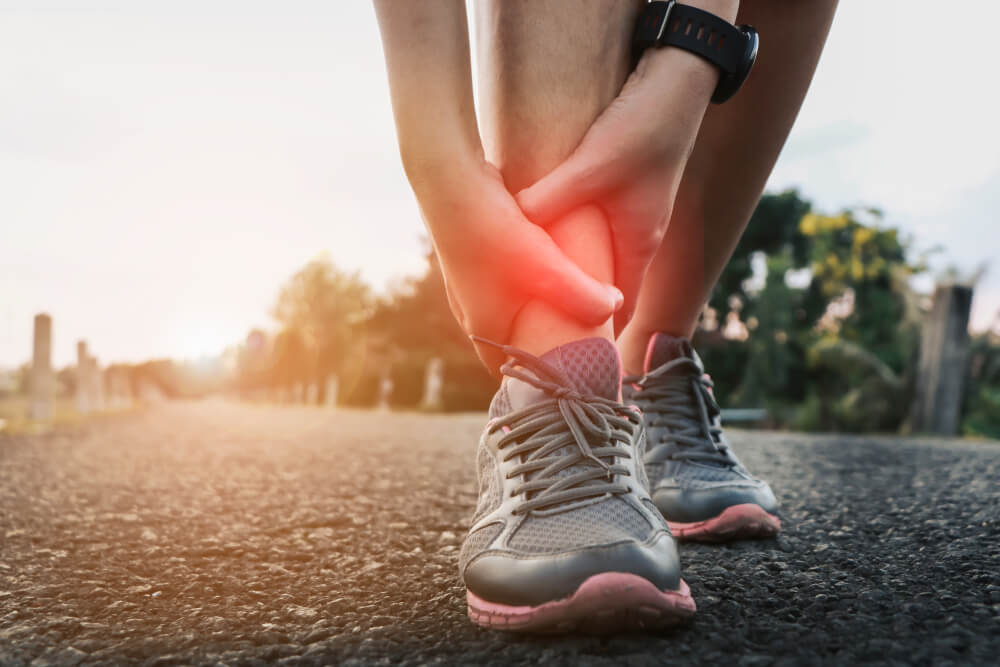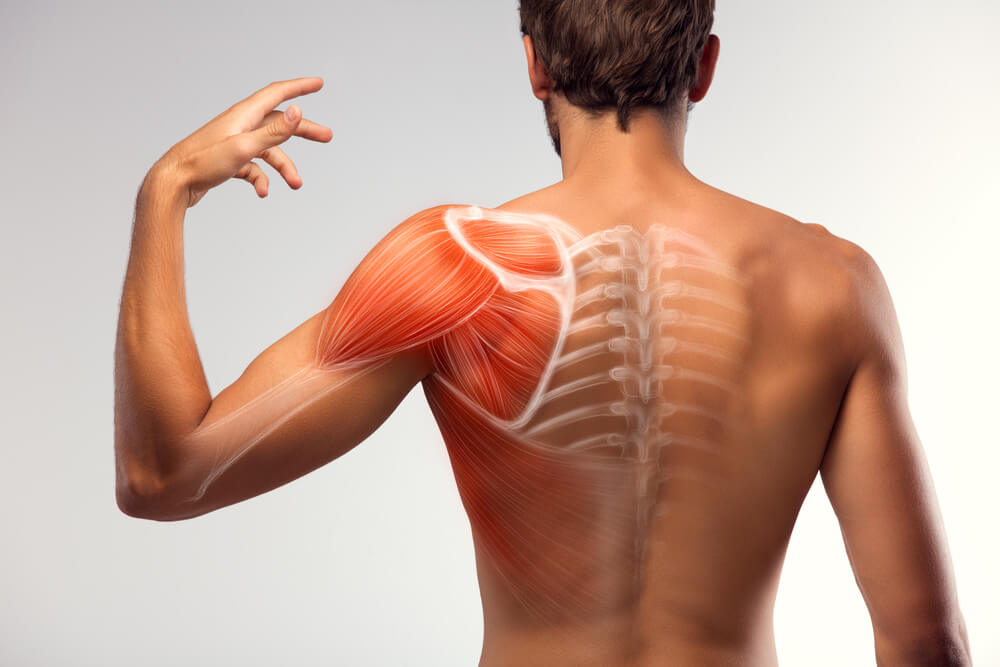
The muscles in your body help you move, lift, pump blood and breathe. They help you move freely and keep your body strong.
Good muscle health is crucial to doing the activities you enjoy. Healthy muscles are the best for supporting your bones and increasing your balance to help you avoid injury.
Despite how important muscles are for a variety of activities, not many people know much about how to improve muscle health.
Why Is Good Muscle Health Important?
Healthy muscles allow you to enhance your performance and avoid injury when starting any physical activity. Strong muscles allow you to perform activities that require power without getting tired.
There is a range of benefits to good muscle health, including:
- Helping to keep your joints in good shape
- Letting you move freely and keep your body strong
- Allowing you to play sports or partake in the physical activities you enjoy
- Activities that make your skeletal muscles strong will also help to keep your heart muscle strong
- Improving your immune health
- Boosting your mood
Making a point to improve your muscle health will help you enjoy the benefits of a strong body.
How Can You Improve Muscle Health?
Whether or not you exercise daily, it is important to maintain muscle health in order to avoid tears or strains, and to keep your body strong.
Warming Up, Stretching And Cooling Down
Before starting any physical activity it is important to spend adequate time warming up. Around 10 minutes of warming up the muscles you plan on using can help them prepare for a more intense workout. A brisk walk or light jog will help your muscles get ready for a long run or sprint training.
If you perform a sport that requires extra flexibility such as soccer, martial arts or gymnastics you will need to stretch after your warm up and before you begin your chosen physical activity session.
It is also helpful to spend 10 minutes stretching your major muscle groups after your work-out and after your intense activity. Holding each stretch for at least 20 seconds will allow your muscles to reach their full range of motion and improve your mobility and tolerance to stretch over time. Once your workout is complete, spend an additional 10 minutes cooling down those muscles. The cool-down process is similar to warming up, except at a slower pace to allow your muscles to recover.
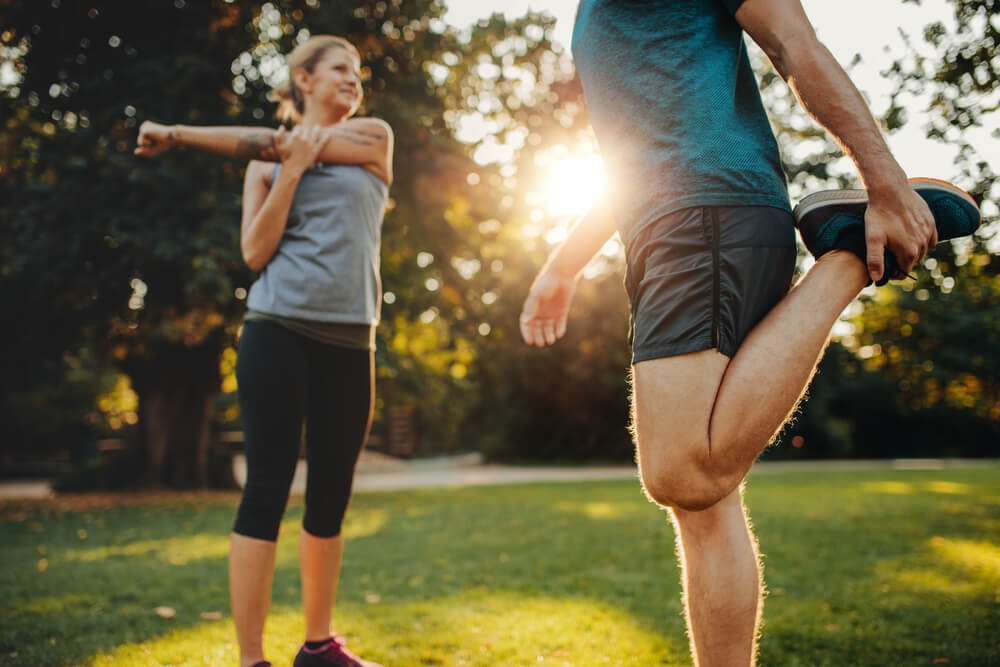
Diet & Hydration
Staying hydrated and eating well is crucial to your overall health, and so any good advice on how to improve muscle health will include these two key areas. Both are crucial for muscle gain, which will help to support your bones and reach your activity goals.
Drinking enough water provides your muscles with essential electrolytes needed to improve muscle strength and control. The average person should drink 2 litres of water per day. When you’re very active you can increase your total amount by a few glasses, as you lose a lot of water when working out.
Similarly, your diet also helps strengthen your muscles. It also helps repair them and allows them to function more effectively.
The most important foods for muscle health are:
Protein
Muscles are mostly made up of proteins. Your body needs more protein as you age. Some research has found that from the age of 40, adults may lose up to 8% of their muscle mass per decade, this rate potentially doubling when they reach 70.
Protein helps fortify your muscles, but many adults do not meet their recommended daily protein intake. It is important to meet these levels so you can replenish the proteins lost when working out. Nowadays there are a number of creative ways to add more protein into your diet including protein shakes and bars to suit any palate.
Proteins include meat, poultry, seafood, eggs, milk products and nuts.
Carbohydrates
Carbs provide the fuel for your workout. They also promote your body to release insulin so that your muscles can build new tissue and grow.
Carbohydrates include wholegrains, fruits and vegetables.
Fats
Unsaturated fats are very helpful in muscle recovery. They will also help you feel full and satisfied from meals.
These fats include walnuts, flaxseed, fish oil, peanut oil and olive oil.
Vitamins And Minerals
Eating a balanced variety of meals including those listed above will supply your body with essential vitamins and minerals needed for healthy muscles. Taking multivitamins can also help your body obtain the nutrients it needs.
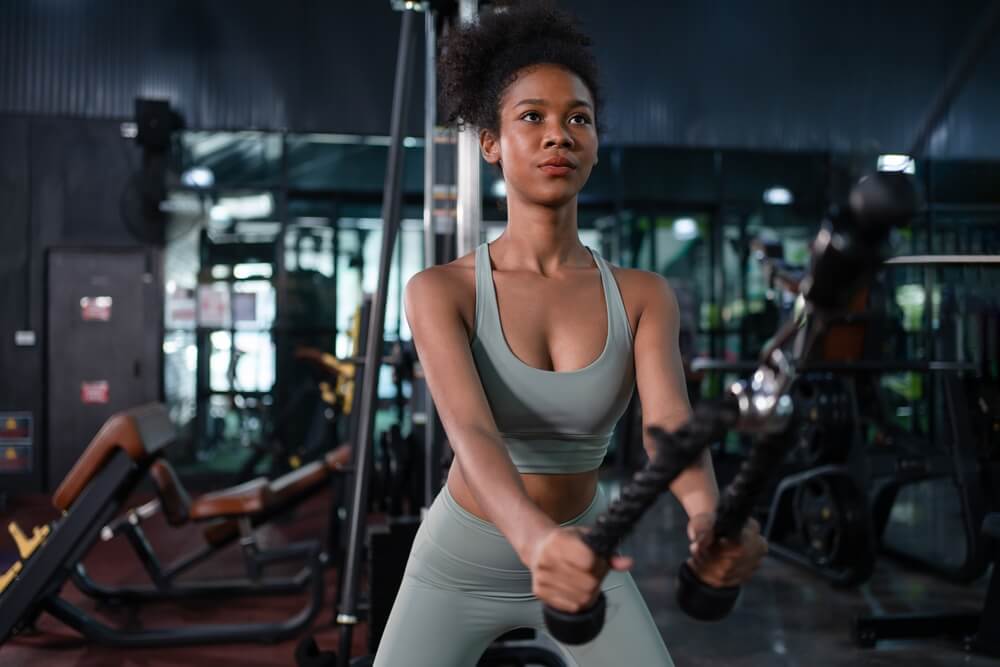
Exercise
Maintaining an active lifestyle is great for keeping your muscles healthy and helps you avoid muscle loss from a sedentary lifestyle. It is a great answer to how to improve muscle health, as people who exercise have stronger muscles than others in their age group. Adults should get at least 30 minutes of exercise per day.
If you are used to physical activity, consider practising weight-bearing exercise including running, resistance training and dancing. However, if you’re new to physical activity, try taking a gentler approach with low-impact exercises including swimming, brisk walking and cycling. Any exercise that causes the body to work against gravity will help build muscle. As you gradually build up your strength, you will find your performance will increase and you’ll feel better overall.
It is important to build exercise routines you enjoy so that you are able to stay on target. If you are unsure where to start or have a health condition which may affect your ability to exercise, consult your doctor before starting.
They may recommend you to our Perth physiotherapy clinic which can help you understand your body’s limits and teach you effective techniques to drastically reduce your risk of injury from exercise.
It’s not too late to work towards improving your muscle health!

